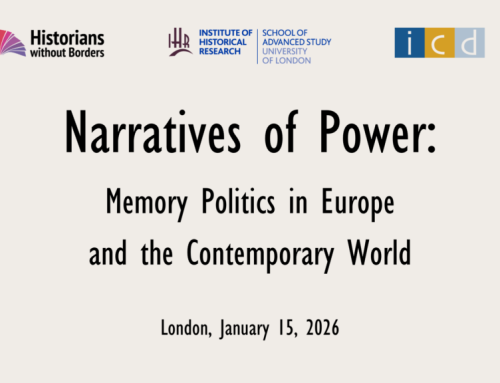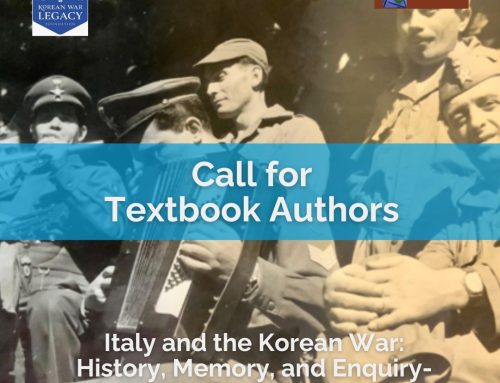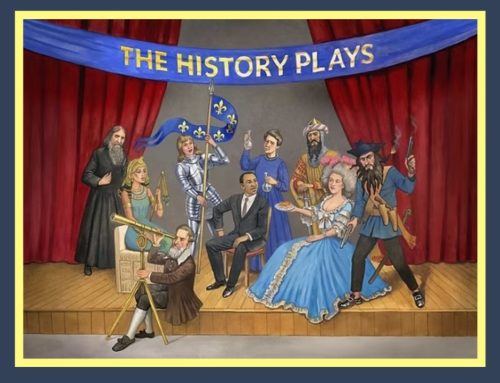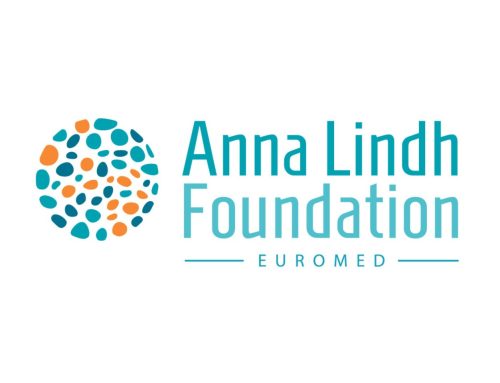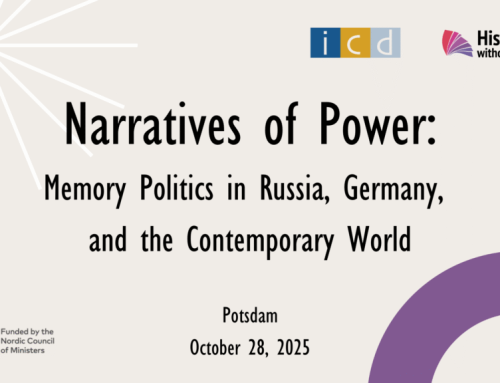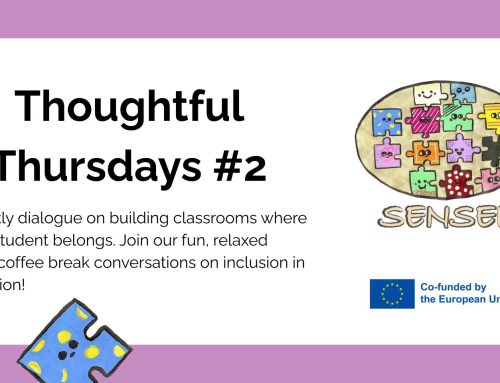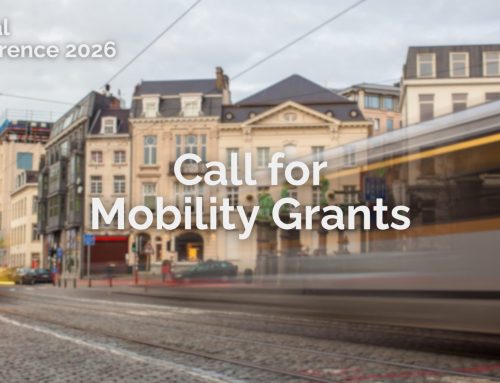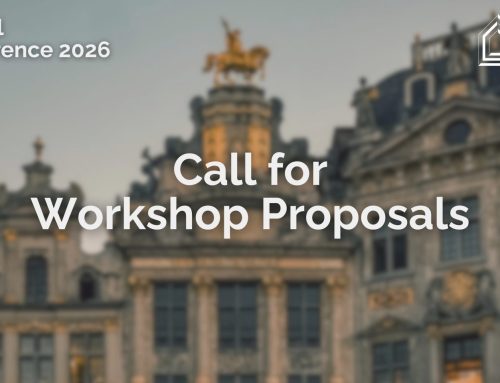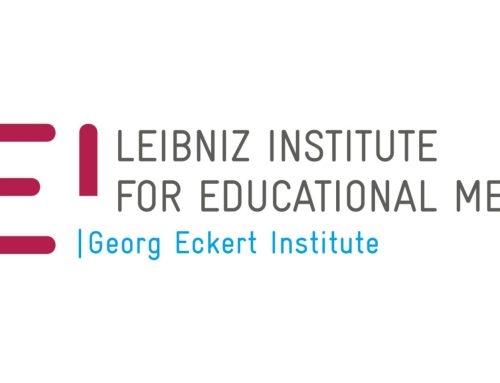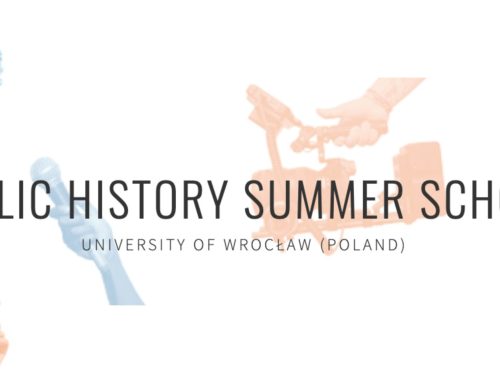A call for participation at the 2019 IAEA conference in Amsterdam
Diversity. Multiperspectivity. Peace. These three terms are at the forefront of EuroClio’s approach to History Education. For the past 27 years, EuroClio has been dedicated to its mission of inspiring and empowering teachers to integrate these themes into their own teaching. To support this mission, EuroClio has created thousands of teaching resources, led hundreds of teacher trainings and has created an extensive network of history teaching professionals dedicated to constantly improving and sharing best practice in the field of History Education across the globe. Over the past decade, this has increasingly involved an attempt to more deeply integrate research into EuroClio’s activities and contributions to the world of History Education.
EuroClio has been involved in several research studies since it was established in 1992. Recent examples of research initiatives have been the Teachers on Teaching ePact study which considered teachers’ perspectives in the Western Balkans (Dea & Jovonovic, 2017) and the ongoing Learning to Disagree project which involves a research component of assessing what educators need in order to help their students acquire social and civic competences through dialogue, debate and discussion on contested issues. Based on EuroClio’s work, we have been asked to chair one the research strands for the upcoming IAIE (International Association for Intercultural Education) Annual Conference in Amsterdam on 11th-15th November 2019. The strand, entitled Multiperspectivity in History Teaching, hopes to present evidence-based research that critically addresses how multiperspective approaches can be applied to teaching and learning history. We would like to call upon those across the wide EuroClio network to join us. Here’s why…
The aim of increasing the amount of research activity taking place across the EuroClio network is beneficial for several reasons. Firstly, the most powerful audience for dissemination of education research is that which includes both academic and practitioner specialists. This not only ensures that findings can be shared with those who can apply and build on this new knowledge, but it also ensure that rigorous and relevant critique and feedback is given, which is essential for pushing our current understandings of best practice forward. EuroClio has a unique network of educators from the formal and non-formal sector, community leaders and academics. Combining this melange of individuals (who are often overlapping in roles) has enabled EuroClio to create some very high-quality resources and training sessions that have been able to have a direct impact on classroom improvement. Mobilising this diverse network to jointly engage with research would have similarly powerful results.
Kincheloe’s 2012 book entitled Teachers as Researchers: Qualitative inquiry as a path to empowerment argues that teachers benefit from interacting with research as both a producers and consumers of research findings. Kincheloe’s work has shown that when teachers conduct or contribute to research, their effectiveness in the classroom increases, they feel more empowered and motivated to improve their practice and they also raise their professional status within their teaching community. In addition, when teachers consume research that has been conducted by others, they are more able to reflect and challenge the often ‘top down’ system of education. This deeper knowledge, understanding and awareness of research claims also empowers practitioners in a world of policy power dynamics that often disempower the classroom practitioner (Biesta, Priestley, Robinson, 2017; Priestley, Edwards, Priestley, Miller, 2012). EuroClio offers a rich network to empower educators as both producers and consumers of knowledge, thus empowering practitioners to not only develop skills of best practice, but also to be shaping, defining and driving forward ideas of best practice in History Education.
Therefore, we call you to join us at the International Association for Intercultural Education conference and to share, discuss, reflect and collaborate on current research in History Education. Especially, we are calling for research pertaining to applying multiperspectivity in practice. For example: What place do extremist or hateful views have in multiperspective approaches? How do/should teachers integrate personal views of history? What kind of assessment is most/least suited to a multiperspective approach? However, History Education is only one of the 8 strands covered in the conference. For more details about the other conference strands please see the conference website here. Please email your submissions to Steven Stegers at steven@EuroClio.eu.
Please note that the deadline for sending submissions in September 16th.
References:
Biesta, G., Priestley, M., & Robinson, S. (2017). Talking about education: Exploring the significance of teachers’ talk for teacher agency. Journal of Curriculum Studies, 49(1), 38-54.
Kincheloe, J. L. (2012). Teachers as researchers (classic edition): Qualitative inquiry as a path to empowerment. Routledge.
Maric, D., & Jovanovic, R. (2017). Teachers On Teaching: How Practitioners See The Current State And Future Developments In History Education Across The Western Balkans (Rep.). Hague, The Netherlands: EuroClio.
Priestley, M., Edwards, R., Priestley, A., & Miller, K. (2012). Teacher agency in curriculum making: Agents of change and spaces for manoeuvre. Curriculum inquiry, 42(2), 191-214.
Sinéad Ftizsimons is a EuroClio ambassador and former EuroClio Board Secretary. She, along with Dr. Marjan Groot-Reuvekamp, established the Teachers as Researchers (TAR) Special Interest Group in 2015. Sinéad is currently a Research Officer in Curriculum and International Education at the University of Cambridge, United Kingdom.


